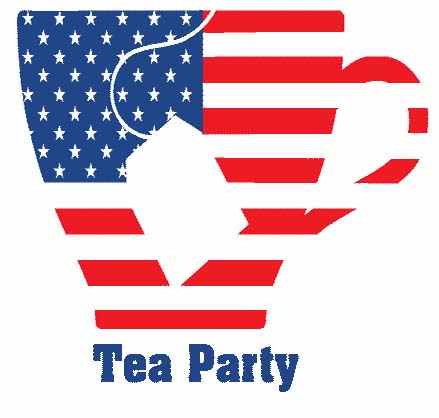
There are two ways of looking at the Tea Party’s power in Washington:
· If you look at the Tea party as a disposition and mindset that has engulfed Washington DC, then that Tea Party is alive and making Republican leadership bristle under its demands. For example, on Thursday December 20, 2012 in the US House of Representatives, Republican Speaker John Boehner tried to vote on a measure he called ”Plan B.” The plan would raise income taxes on those who make more than $1,000,000 and include few spending cuts, anathema to some conservatives. Therefore, at about 8:00pm that night, after intense speculation that the House would vote on the bill, it was pulled because it “did not have sufficient support from our members to pass.” What one can conclude from that episode was that the Tea Party mindset and disposition on spending and tax issues prevailed over the recommendations of Boehner. The Tea Party revolted to such an extent that “Plan B” could not even be voted on. The tax increases that would be enacted under “Plan B” would be perceived as negotiating with Obama and Democrats and not holding steadfast to Republican orthodoxy. And although the Tea Party was powerful enough at the last minute to sabotage “Plan B,” embarrassing their Speaker, the compromise measure that passed with 151 Republicans voting against that deal was on less favorable terms for the Tea Party.
· Another example of their power as a mindset and ideological belief was the fact that they extracted spending cuts during the battles over funding the Federal Government in 2011 and the debt ceiling debacle last summer. Usually those votes are routine and would typically contain little spending cuts. However, their mindset forced Democrats to finally cut government spending. In conclusion, these episodes show that the Tea Party mindset of limited spending is alive and well.
· On the other hand, if you view the Tea Party’s power as a defined set of policies, it is becoming less and less relevant. For example, most “Tea Party” events are less crowded and less visible in the national conversation. (Remember “Obamacare”, “Death panels”, etc.) Personally, when I hear the word “Tea Party” I think of the 2010 congressional elections when they were swept into power. Also, the “Tea Party” does not possess a specific set of goals or policies that the American People can relate to. There are minimal specifics outside of just “starving the beast” (the federal government). The Democratic Party, for example, is synonymous with increasing taxes on the wealthy ($250,000), helping poor people, etc. The Republican Party is synonymous with cutting spending, lowering taxes (Bush Income Tax Cuts), etc. Therefore, when a movement lacks concrete policy ideas, it can become less relevant in the conversation.
In conclusion, no matter how you perceive the “Tea Party,” their ideas are still present in some form in Washington D.C. However, the movement can be swept away just as quickly. This is their crucial moment to become even more relevant.






Tea Party Member • Jan 7, 2013 at 11:01 am
As a member of the Bergen County Tea Party I feel obligated to inform your readers that we are still very much alive. We were very active during the elections and plan to be just as active in the future.
To learn more about the Tea Party visit http://www.njteapartycoalition.org